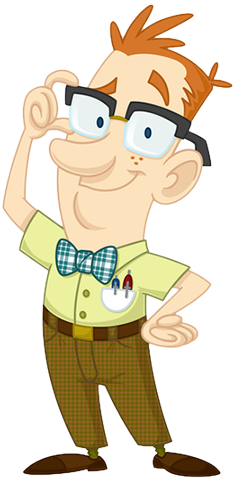by Resource Associates @ grantwriters.net
Grant Questions? Let’s talk. info@grantwriters.net 505-326-4245
The Process of Writing the “Perfect” Grant Proposal
Timing, discipline, and structure make for three fundamental ingredients to writing the “perfect” grant proposal. In an ideal world, you would have plenty of time and a solid plan to write your proposal. Unfortunately, this is not always the case and you must work with what you have. For the sake of looking at a “perfect” scenario, we will look deeper into these three elements and how they can be used to develop the best application possible.
Timing is utterly important when it comes to developing your proposal. A writer needs to make sure they have enough time to develop a quality project and gather all the required and necessary information for the application. You will need to fill out forms related to the application package, write the narrative, develop and justify the budget, gather letters of support and/or memoranda of understanding, gather financial supporting documents, resumes, and collect or develop other supporting documents which may include logic models, organizational charts, and job descriptions. A desirable amount of time to develop a proposal is at least four weeks. However, grant writers have been successful with less time and even if you aren’t successful in attaining an award, you can always use the reviewer’s comments to make your application better in the next funding round. For the sake of staying with the “perfect” theme, it is suggested you have at least four weeks to work on the application.
Once you have made the decision to submit an application, decide how much time you are going to need daily to develop the proposal. Work back from the deadline for submission and plan to submit at least a day early. The last week should be used for adjusting it and making small tweaks are going to help it reach “perfection.” Write the first draft of your proposal as early as possible and develop an outline of the narrative and budget on day one. Do this the same day you review your grant guidelines for the first time. Writing a grant proposal is like cooking a meal from a recipe. Just like cooking a meal, you need to read through the entire recipe before you get started. In reviewing the grant guidelines, you will become aware of all the “ingredients” needed to write the “perfect” proposal. Once you have determined the amount of time needed for the project daily, follow through with this commitment and be dedicated to it.
Dedication is an important trait contributing to the “perfect” grant proposal. Setting up a timeline to develop your application is only useful and effective if you follow it. It has been shown individuals who dedicate a set amount of time to a task are more likely to achieve the task. An important element of the timeline is the amount of time you dedicate to spend on the project daily. Based on your previous experience writing proposals, determine how long it will take you to research the “need” for the project. Does this information already exist from a previous proposal? The same question can be asked for supporting documents like resumes, job descriptions, and organizational charts. Are you going to need to develop these from scratch or do they already exist? How much time will it take you to develop them? How long on average does it take you to develop a page of copy for the narrative? Calculate the amount of time you need to write daily and follow through. Do you already have a budget developed? How long will this take you? Who else in your organization needs to review it? Once you have determined how long each of the steps will take, set a timer and get to work. Do everything as early and as soon as possible, this way if you need to allocate more time to certain tasks you have time available to you. Remember a bad first draft, is better than no draft at all. Make sure the drafts you share with your clients and team members are high quality.
Spending time on tasks without structure can be counter productive to writing the “perfect” grant proposal. Not only will you need to be dedicated to the time you have allocated, you will also need to make sure you are spending your grant time wisely. Only work on one task at a time. If you need to work on writing the narrative, then work on it. Then once the task (maybe it’s a first draft or maybe just an outline) is completed, move onto another task and complete it. If you can’t complete a task then finish it to the best of your ability and move on to the next task, but make sure you circle back around to complete the previous task. If you are going to work on supporting documents then work on them with corresponding tasks in mind. For example, you may need to gather resumes and job descriptions, and you may also have a section in your proposal narrative summarizing your staffing plan and the qualifications of your key staff. It would be best to collect your resumes first so you have all the information you need for the appendix in addition to the corresponding section of your narrative. Another part of the proposal that may come into play is your budget. It is hard to say which comes first (the staffing plan or the budget), but once these decisions are made, the corresponding parts of the grant proposal can be developed accordingly.
There are a lot of factors playing into developing the “perfect” grant proposal but timing, dedication and structure are three that will vastly contribute to your effort. Even with a lack of resources or experience, these three factors will help increase your chances of getting a grant awarded.






